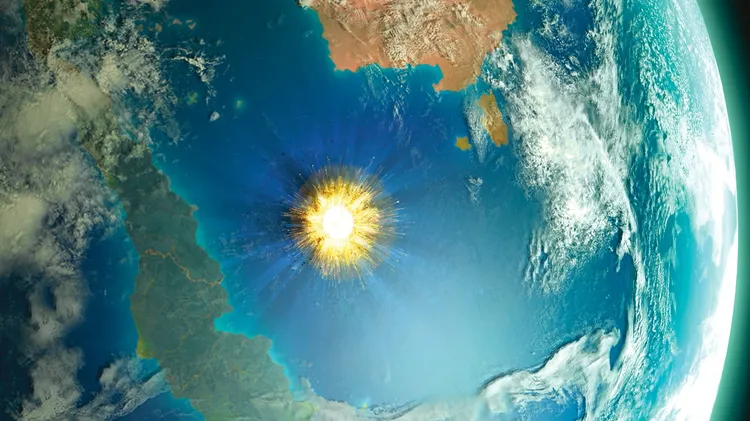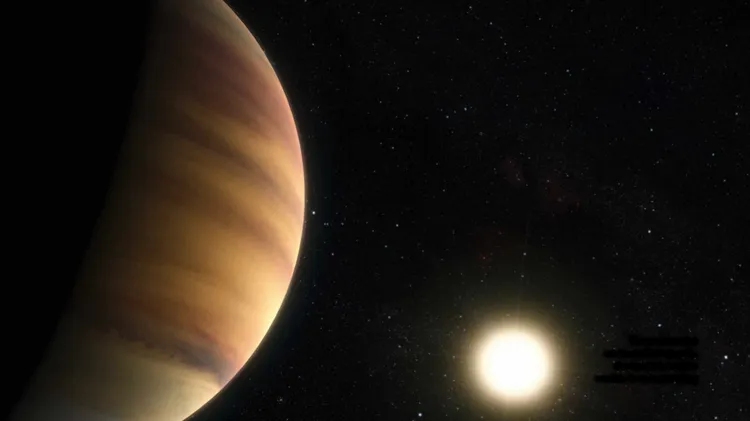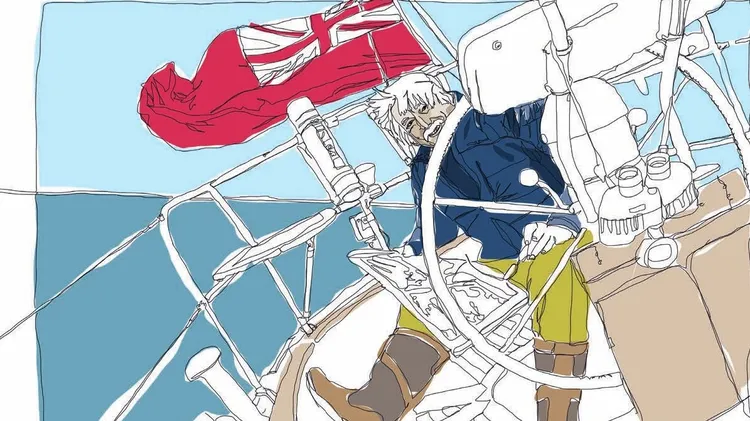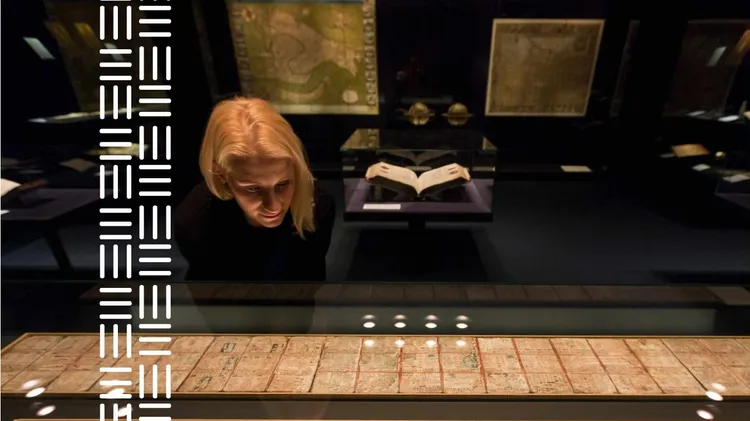Jonathan Powell reflects on where our finite
Field of view the expanding universe of the mind
2 min read
This article is from...
Read this article and 8000+ more magazines and newspapers on Readly






